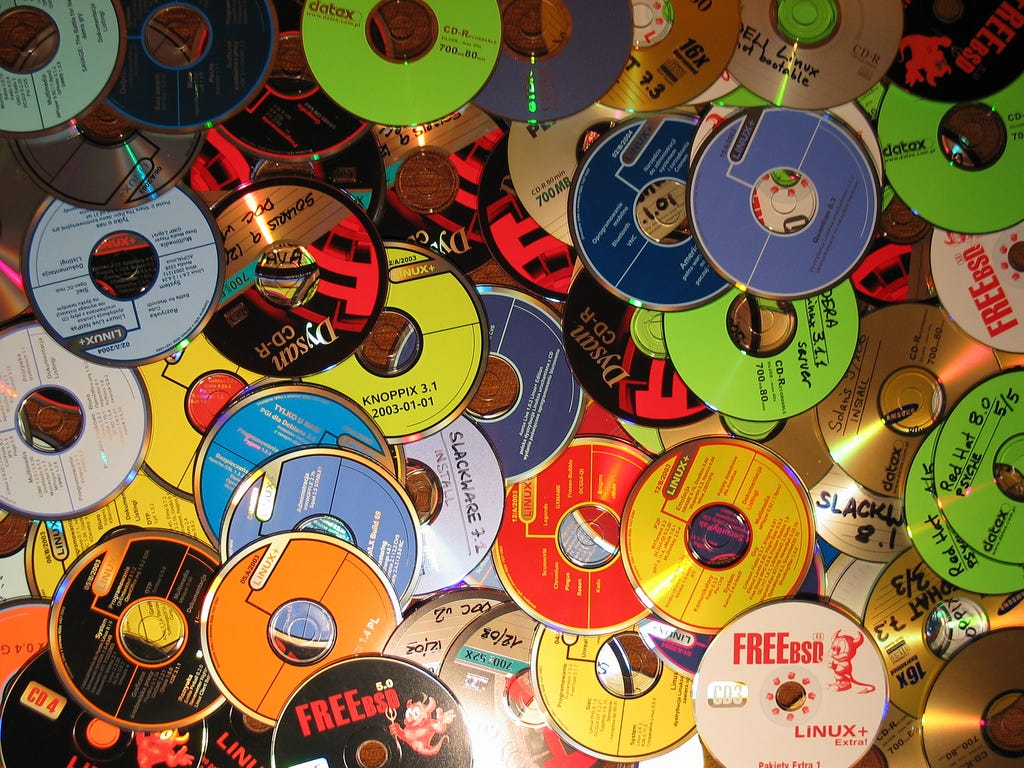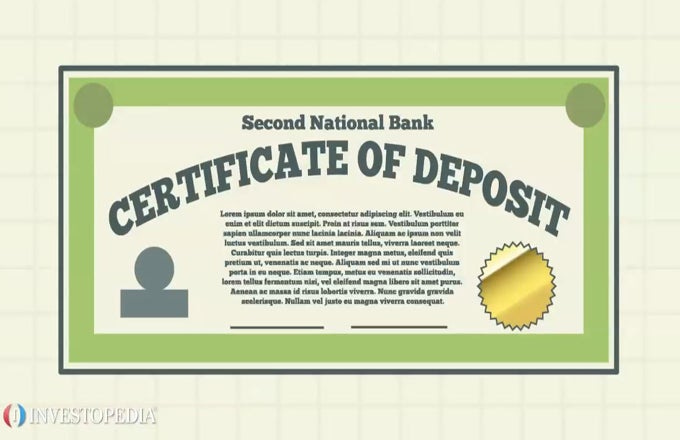
About 17 years ago, I was a member of a team tasked with starting a new division of Warner Music Group (WMG). At the time, the music industry was in a massive state of flux, and record labels were struggling to find a way to create revenue in an age where physical record (CD) sales were rapidly declining, as music could be downloaded from the Internet for free (albeit illegally). iTunes was a thing, but, as Trent Reznor once so aptly put it, buying music on iTunes kind of felt like shopping at Sam Goody (a decidedly uncool record store chain, for all those too young to remember.) It was still a number of years before streaming services like Spotify, Apple Music, or Tidal would come into existence.
I remember hearing about a conversation that one of the executives at WMG had had with a marketing consultant at the time. The conversation reportedly went something like this:
WMG Executive: “How do we sell more CDs?”
Consultant: “Do you mean how can you increase revenue for the company?”
WMG Executive: “No. I mean, we just want to keep selling CDs.”
Consultant: “I’m sorry. It doesn’t work like that anymore.”
The consultant probably went on to convince the executive that 360 deals were the future, but that’s a whole different story. The consultant's lack of an ability to humor the executive’s desire to figure out a way to “keep selling CDs” was reportedly frustrating to the executive, and understandably so. Who would want to put the effort into changing when the old way of doing things had been so fruitful for so many decades? Executives like the one mentioned here even went so far as to bring people like myself in, people who came from the world of independent record labels, as a means to not just bring new artists into the fold at WMG, but to bring entire independent record labels - along with their rosters of artists - into the mix. WMG provided these labels with expanded distribution into bigger record store chains like Tower Records and even electronics box stores like Best Buy in exchange for a slice of the sales pie. Little did anyone know that it would only be a few short years before stores like Best Buy would stop selling CDs all together and that record store chains like Tower Records and the aforementioned Sam Goody would close their doors forever. In short, no one even knew what was coming next or how soon it would be here.
I share this story because the changes that the music industry has undergone in the last decade and a half are similar to the changes that the financial industry is currently experiencing. Big banks in collusion with old, corrupt politicians (kind of an oxymoron considering that just about all of them take money - bribes - from PACs) do not want things to change; they want to keep selling CDs, so to speak. But just as it didn’t take long for people to figure out that they could download an album for free over the Internet, they will soon figure out that the interest available via holding stablecoins on a centralized platform like Coinbase or Gemini is much greater than that available through a high-interest savings account, the return on a government bond, or even the return on a certificate of deposit - a CD. (And here I am only mentioning (virtually) risk free assets; I won’t even get into investing in “riskier” assets that have returned hundreds of percentage points on a YOY basis.)

The good news for those who work in traditional finance is that, if both they and their institutions adapt to the changing landscape of finance, there may be a place for them in this new world of digital assets. Hell, WMG still exists. It may not be the gatekeeper it once was, but it is still in the game, and it has figured out a way to stay in the game without selling CDs.
In this new age, it’s the organization that builds the best platform and network that wins. And as new networks continue to pop up and develop exponentially faster than old networks, it pays to keep Metcalfe’s Law in mind when investing.
WMG may be patting itself on the back as it has adapted to landscape in which distribution of content is dominated by Apple Music and Spotify, but how long might it take for something like Audius (interesting article on this platform here) to come along and disrupt the current streaming platforms that dominate the landscape? In truth, no one knows, the same way that no one knows what the world of finance will look like three years from now due to the network effects that are driving the explosive growth of the digital asset industry/economy.
To quote the timeless words of Joe Strummer, “The future is unwritten.” So, if you want to thrive in this new environment, I suggest keeping an open mind and not clinging too strongly to the old ways of doing things.
Best,
Frank
Twitter: @frankcorva
Currently Watching: The Chair (Netflix)






